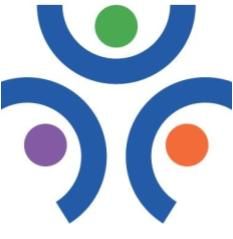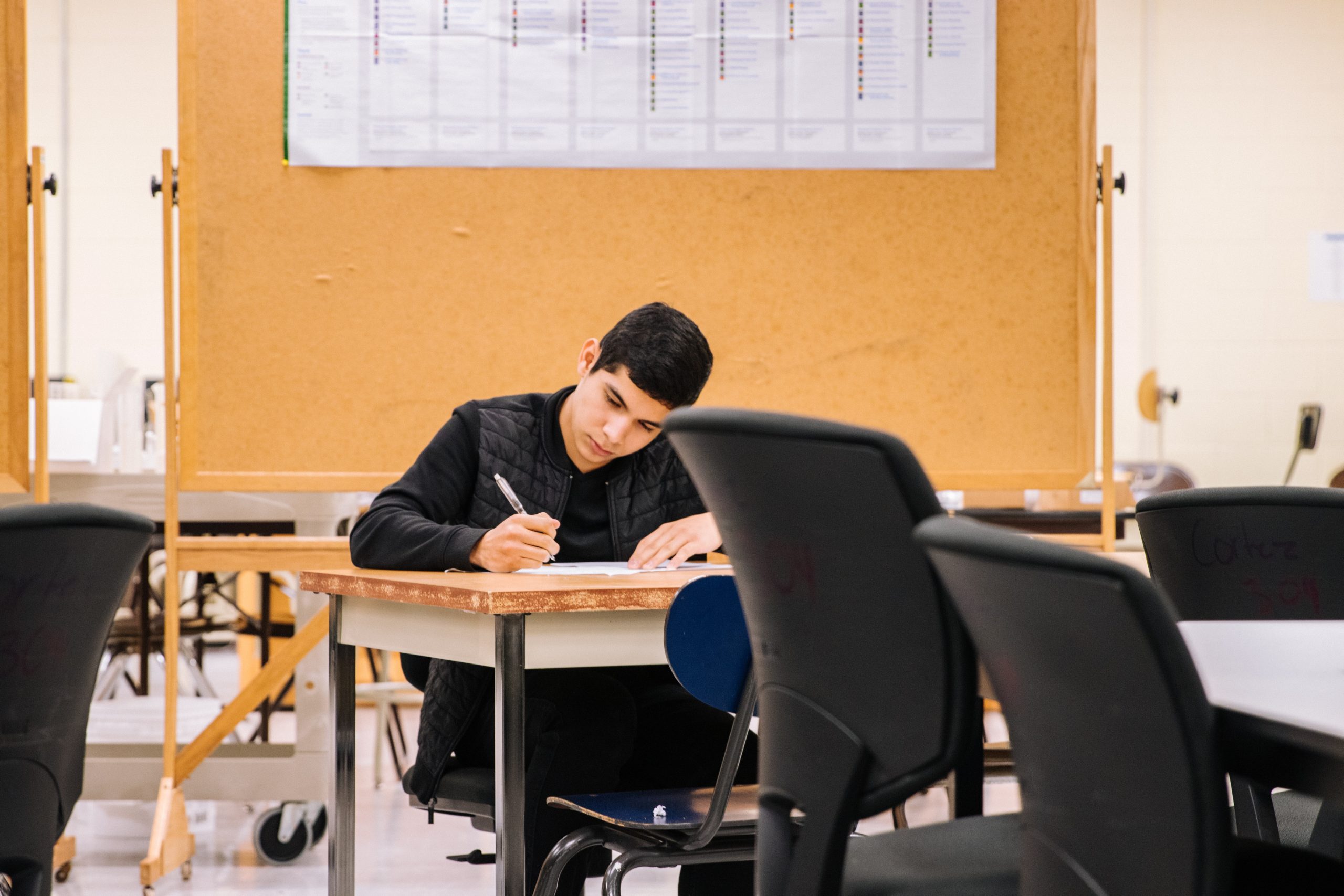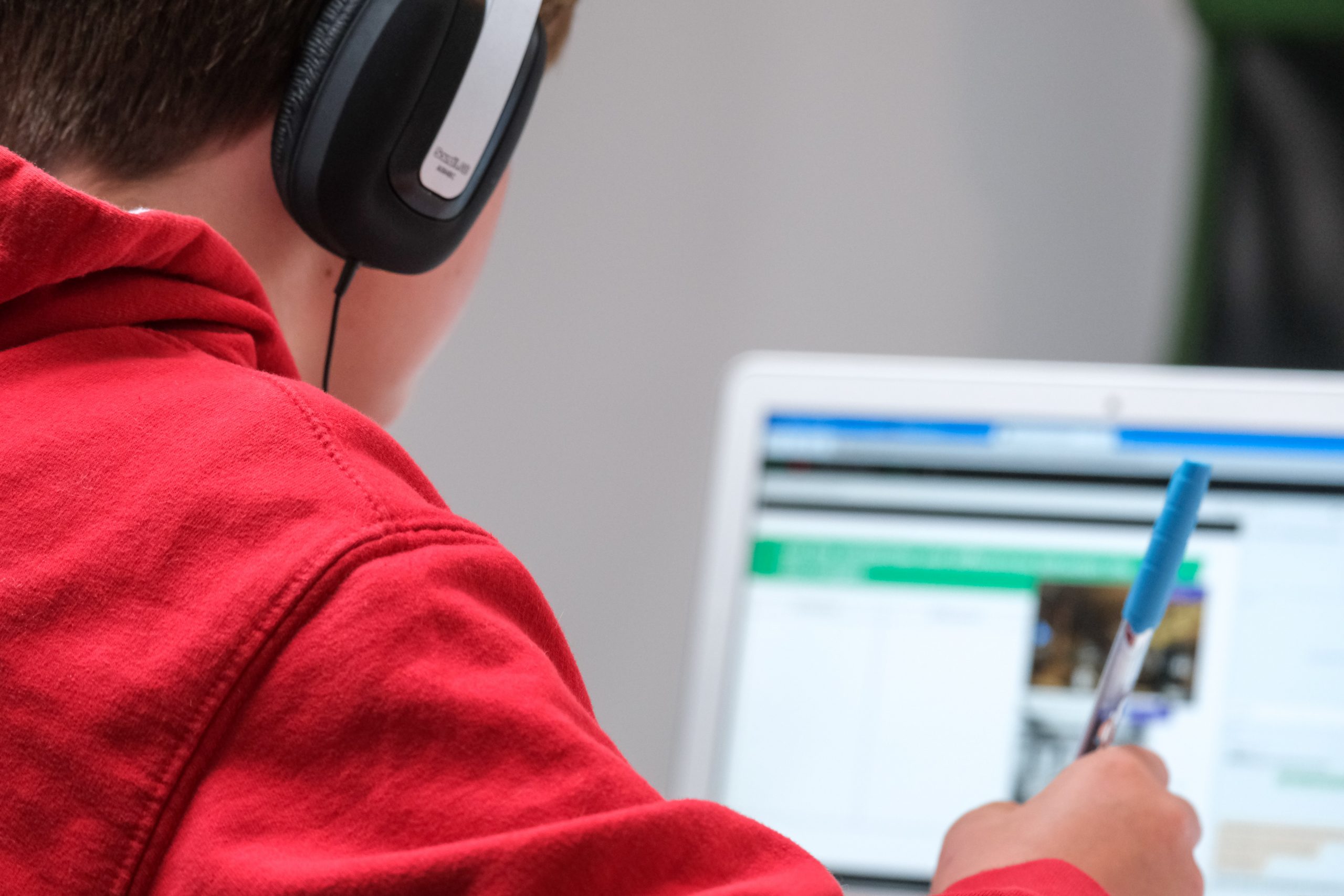Photo by Element5 Digital on Unsplash
When your child receives a neurodevelopmental diagnosis, such as ADD or dyslexia, that requires special education, it is understandably overwhelming. For parents and children alike, establishing a new normal after receiving a diagnosis can be challenging because, at first glance, there seems to be a lot of information out there—and a lot of confusing acronyms. What is an IEP? How is ASD different from Asperger’s?
Fortunately, once a child and parent receive the necessary diagnosis to empower themselves to seek help, they will soon find that there is a wealth of resources in the Grand Rapids area for children with all manner of learning and intellectual differences.
Simplifying Terminology
At our school, we provide alternative education to students with a wide range of developmental and physical impairments that make traditional classroom settings implausible.
We don’t use acronyms to intentionally confuse or pathologize children. Rather, we use them simply for ease. It’s faster and quicker to say three letters than a lengthy formal term. That said, we understand why the standard language used by clinicians and diagnostic professionals might sound like Greek to you. Allow us to shed some light.
Understanding Common Education Acronyms
The most common acronym you are likely to encounter in special education circles is, without a doubt, the good old-fashioned IEP. It stands for Individualized Education Plan, and it refers to exactly that: a custom-designed plan for success in academics.
An ESY is an Extended School Year, which might be necessary for a student with special needs. An ER, or Evaluation Report, is what your son or daughter will receive during their initial consultation. Every additional one will be an RR, or Re-evaluation Report, typically taking place every three years.
We understand that, prior to diagnosis, many parents might have attempted to integrate their child into the traditional education system, with varying degrees of success. As such, we are empathetic and compassionate to the transitional period that takes place as children shift into an alternative style of education. This includes talking you through the special education language we often slip into—accidentally or otherwise!
Lake Michigan Academy’s doors are always open to new students with unique challenges but the determination to reach their full potential. If you are interested in viewing our campus for yourself, do not hesitate to reach out for more information.






